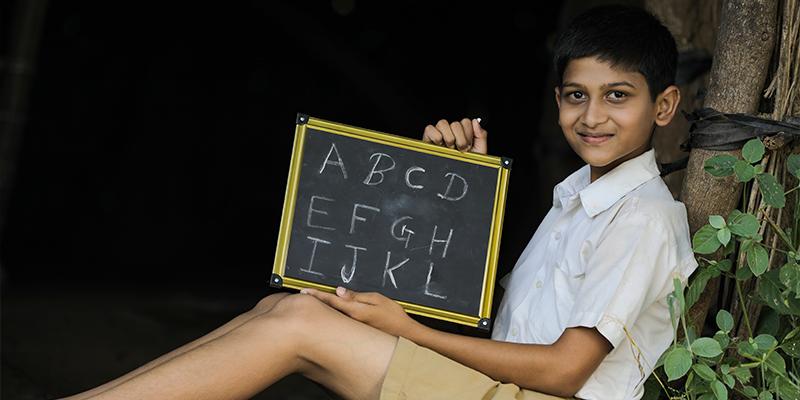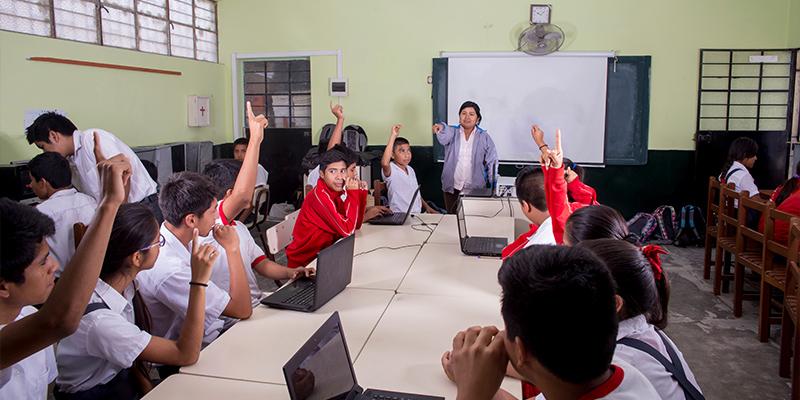Secondary education plays a crucial role in the academic journey of students in India. It is the time when students lay the foundation for their future careers and higher education. In this article, we will be exploring the secondary school admission rules in Karnataka. All students and parents need to know about them.
Elementary Education in India:

Before delving into the secondary school admission process, let's take a step back and understand the basics of elementary education in India. Elementary education is the first phase of formal education in India and lasts for eight years, from class 1 to 8.The Right to Education Act of 2009 mandates that every child between the ages of 6 to 14 years must be provided with free and compulsory education. After completion of elementary education, students are eligible to apply for admission to secondary schools.
Highlights of The Right to Education Act of 2009
- Free and compulsory education for all children in India aged 6 to 14.
- No retention, expulsion, or board exam requirement until completion of elementary education.
- Admissions for children over 6 who haven't been in school or completed elementary education to appropriate age-level classes with special training as needed.
- Free education until completion of elementary education for children admitted after 14 years.
- Age proof is required for admission, determined by birth certificate or other prescribed document. No denial of admission for lack of age proof.
- Certificate awarded for completion of elementary education.
- Fixed student-teacher ratio to be established.
- 25% reservation for economically disadvantaged communities in private school admissions.
- Improvement of education quality.
- Teachers must have an adequate professional degree within five years or risk losing their job.
- School infrastructure to be improved every three years or risk losing recognition.
- A financial burden is shared between the state and central government.
Secondary Courses in India:

Secondary education in India is divided into two parts:
- Lower secondary education, which lasts for five years,
- Higher secondary education, which lasts for two years.
During these seven years, students can choose from a range of secondary courses, including Science, Commerce, and Arts. These courses cater to the student's academic and career interests and help them prepare for their future.
Secondary Schooling in Bangalore:

Bangalore, the capital city of Karnataka, is a hub of education and offers a wide range of secondary schools to students. These schools follow the education policies and admission rules set by the state government of Karnataka. As a result, it is important for students and parents to stay updated on the latest admission rules and requirements.
Understand the Essential Karnataka Education Act of 1983

Attendance Authority: Parents who do not send their children to school will face the consequences from the designated attendance authority within the education department. If a child is absent for an extended period, the authority will first attempt to persuade the parents, then send them a notice, and eventually impose a fine.
No Tuition Fees: The Act prohibits teachers from offering private classes for a fee outside of school hours.
No Donations Required: Parents can take action against schools that demand donations, as the Karnataka Education Institutions (Regulation of certain fees and donations) Rules of 1999 prohibit such demands.
Check School Registration: No educational institution is allowed to operate without proper registration. The list of schools that are registered and recognized by the government can be found at
http://www.schooleducation.kar.nic.in.
Tips for a Smooth Admission Process
1. Start Early: The admission process for secondary schools in Karnataka can be a little
overwhelming, especially for first-time applicants. To avoid last-minute stress, it is a
good idea to start the process early and keep track of all the important deadlines and
requirements.
2. Stay Organized: Keep all your important documents and information organized and
easily accessible. This will make the admission process much smoother and less
stressful.
3. Research Your Options: Take the time to research the different secondary schools in
Karnataka and compare their courses, facilities, and admission requirements. This will
help you make an informed decision about the school that best fits your needs and
goals.
4. Seek Guidance: If you have any doubts or questions about the admission process, don’t hesitate to seek guidance from the school or a trusted educational advisor. This willensure that you have all the information you need to make the best decision for yourfuture.
Conclusion
Secondary school admissions in Karnataka are an important milestone in the academic journey of all students. Understanding the admission rules and requirements is crucial for students and parents to make the most of this opportunity. By staying informed and organized, students can ensure a hassle-free admission process. With the right guidance and preparation, students can take their first steps towards a bright and successful future.
